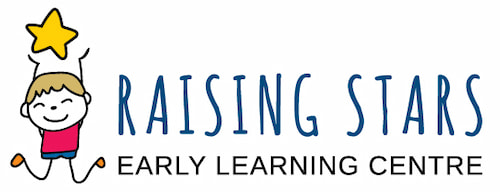Inquiry Based Learning
Inquiry based learning is a fundamental part of childhood education, helping students develop meaning through the vital skill of questioning. Both parents and carers can adopt this technique in any setting and apply it to multiple areas of experience.
Our inquiry-based learning application at Raising Stars centres ultimately helps to prepare students for learning and life experiences outside of the classroom.
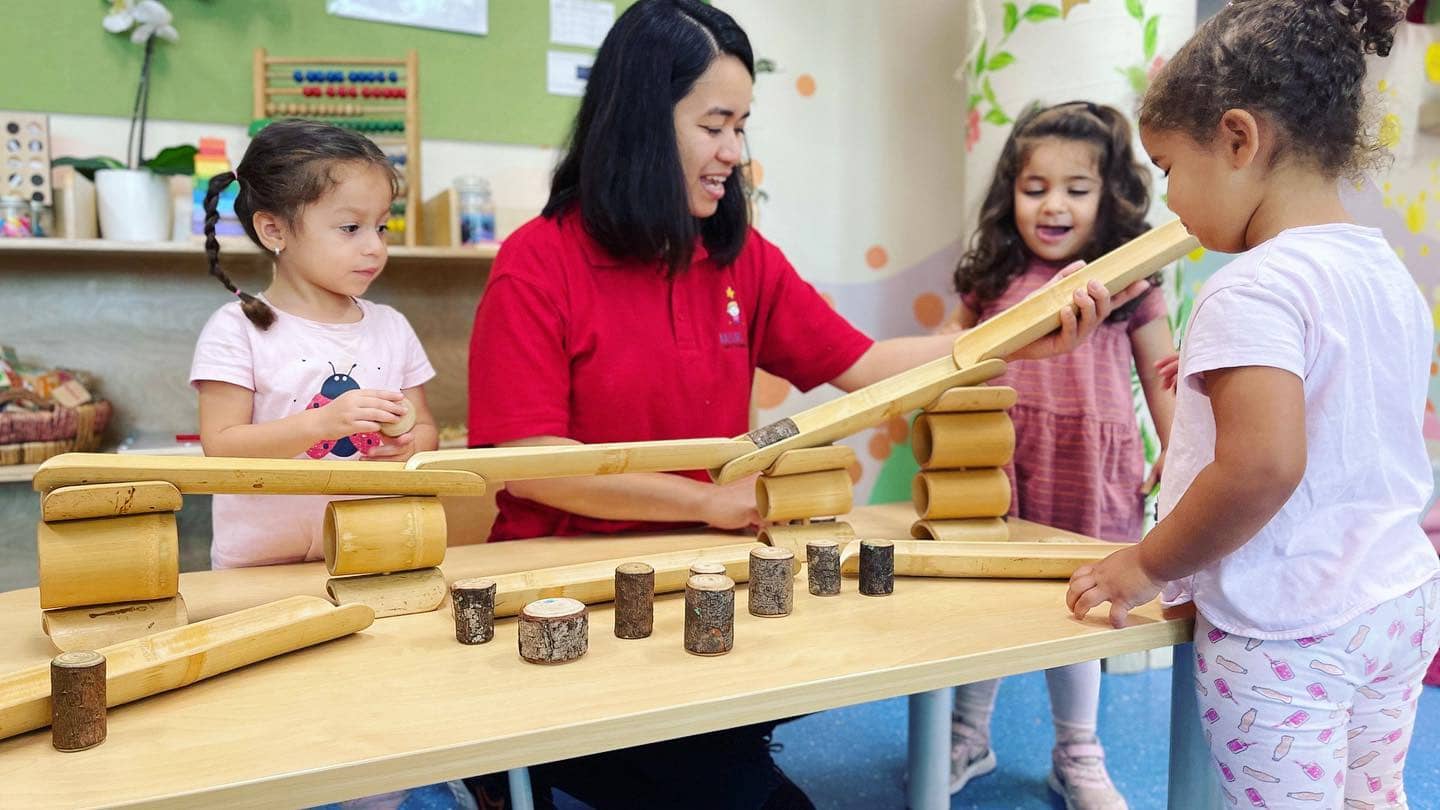
What is Inquiry Based Learning?
The term inquiry is defined as the seeking of information, truth, knowledge, and understanding. Inquiry based learning incorporates this notion and flips the order of traditional teaching approaches. This new approach presents students with various problems, scenarios or investigations that encourage independent and critical thinking.
While children were once unstimulated and unengaged in the traditional classroom, inquiry based learning aims to ensure that they are naturally motivated to develop cognitive skills in asking questions, investigating, forming ideas/explanations and presenting findings.
At its core, inquiry based learning makes use of investigative scientific concepts to help build child confidence, creates a supportive learning environment, and facilitates the development of independent problem-solving abilities.
The Characteristics of Inquiry
There are a range of characteristics of inquiry based learning. The Australian Curriculum states that these characteristics include:
- Process: Both the process of inquiry and the content of enquiry is important, and emphasised equally
- Genuineness: Both teachers and students engage genuinely in curiosity, wonderment and questioning in the learning process
- Voice: The voices of students are respected and listened to. Their questions are addressed and taken seriously
- Planning: Essential to ascertain prior information and build upon this knowledge through adequate planning
- Identification: To unify knowledge and understanding, significant concepts and essential questions must be identified
- Involvement: Student learning is interactive, with the conscious participation in hands-on experiences, research, communication, and processing their understandings
- Social: Learning process takes place in a social context for students to learn from one another and with people outside of the classroom too
- Review: Inquiry is ‘recursive’ because understandings should be constantly reviewed and refined
- Values: Reflection, metacognition and depth of thought are valued
- Goals: Ongoing assessments with clear criteria that align with the curriculum and learning goals of performance
- Action: Learning leads to action, such as sharing with others, instigating change, and encouraging further student learning
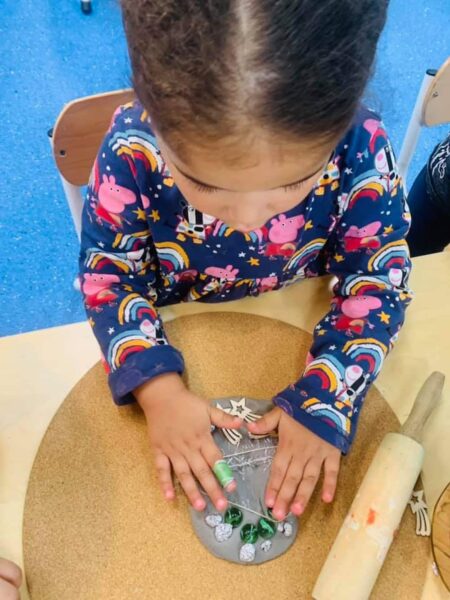
The Types of Inquiry Based Learning
There are four main types of inquiry based learning. These include:
Confirmation Inquiry
Open Inquiry
Structured Inquiry
Guided Inquiry
Each of these learning methods can be considered as ‘student-led’, with each form providing differing approaches and results.
Confirmation Inquiry
Confirmation inquiry involves the teacher providing the students with all the essential elements for investigation. Within this process, the teacher develops the questions and procedures that guide the student’s inquiry process to achieve a pre-determined result.
The method effectively strengthens prior knowledge obtained from previous lessons, including providing an opportunity for students to practice their scientific inquiry skills and follow procedures.
Open Inquiry
The open inquiry based teaching approach that prompts students to create their own questions and research design independently. The students can then follow the procedures of their investigation and report their findings.
Open inquiry builds on the skills established in confirmation inquiry. The process guides students to think outside of the box and therefore develop abilities in independent problem-solving.
A typical example of open inquiry is in science education fairs, where students are encouraged to design an investigation, test it, and report their findings.
Structured Inquiry
Structured inquiry provides students with the question and method for investigation.
However, this approach differs from confirmation inquiry as students generate their own results.
The approach aims to develop student abilities of following procedures and then analysing their data, encouraging them to create explanations.
The approach aims to develop investigative communication skills, as educators encourage the students to reflect on the data and explain their findings.
Guided Inquiry
Guided inquiry is an approach that gives the student a research question that prompts them to design various procedures to generate differing results.
These results are then examined and compared, subsequently developing higher-order critical thinking skills.
The method allows students to create an active learning environment, promoting level of adaptability in problem-solving.
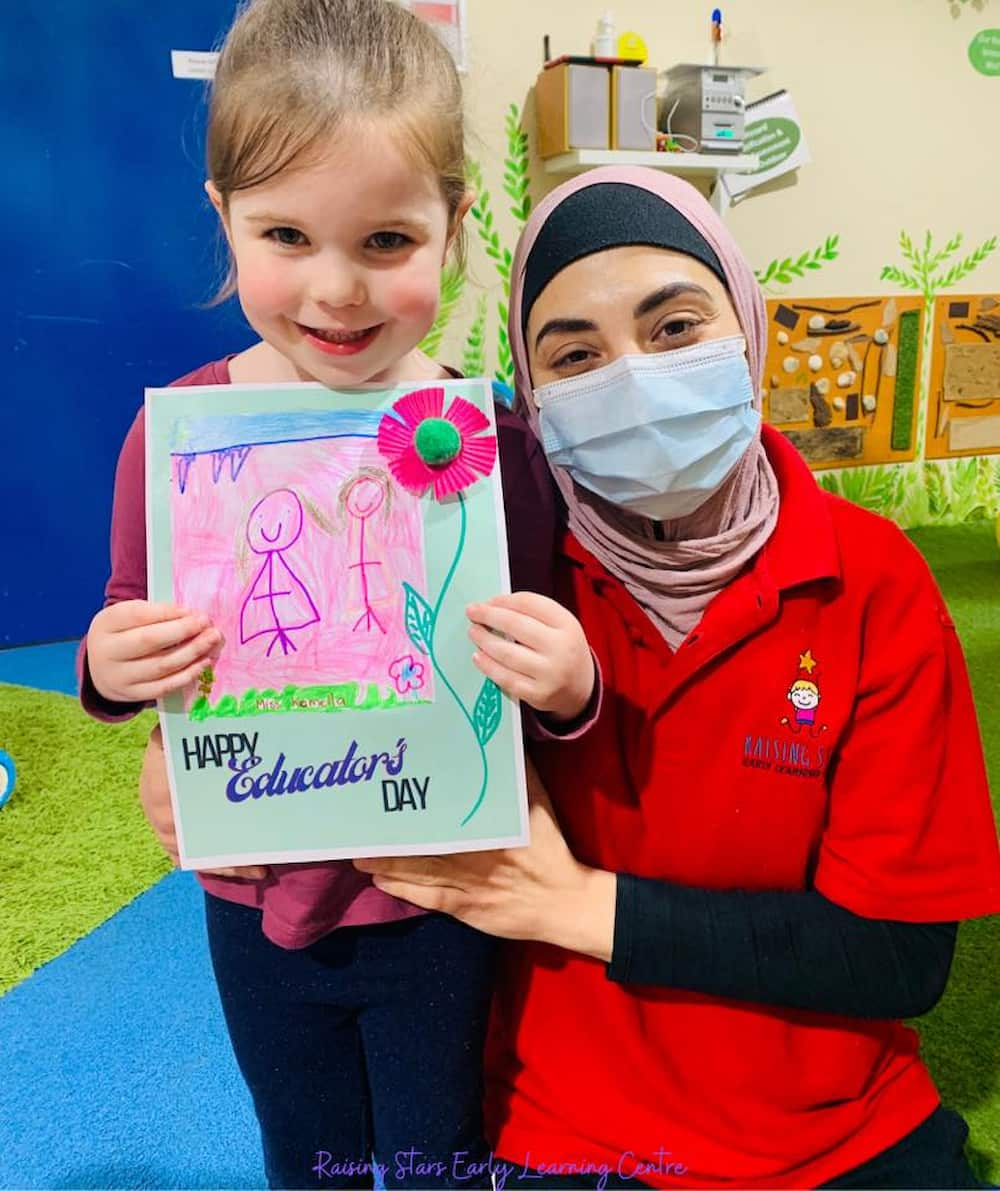
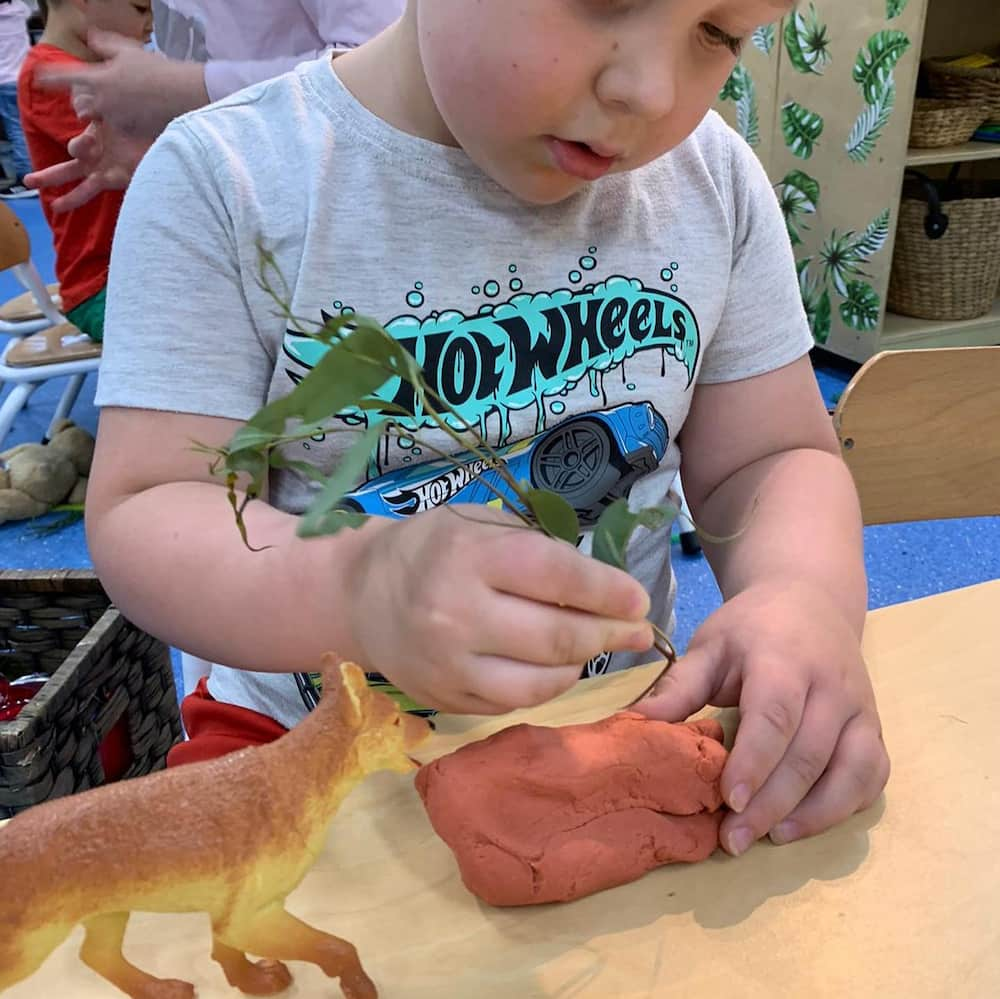
Inquiry Processes and Models
There are various inquiry processes and models that educators use to enhance student experiences with problem solving. Furthermore, educators can adapt these models and processes to meet the varying needs of their students.
The most common inquiry models or processes include:
- 5E’s
- Action Research
- Telstar
- Design Thinking
- Social Investigation Strategy
- Kath Murdoch Inquiry
The most popular model among educators is the 5Es.
The 5E Model of Instruction
The 5Es are instructional models of inquiry, with the following phases:
1. Engage
2. Explore
3. Explain
4. Elaborate
5. Evaluate
1. Engage
Engaging with students is the first step to an inquiry based learning process. Students must engage their curiosity in a topic that interests them, providing an opportunity for further discovery.
When students think about what they are already interested in, they can form their own ideas about what other related topics they might want to learn. Educators can assist in allowing students to develop their passions with new ideas in different subject areas.
2. Explore
Students need to explore using a hands-on approach. During this stage, they can have different interactions with the learning material, enhancing their understanding and allowing for experimentation.
3. Explain
After exploring, students should try to explain what they have learnt so far. During this stage, teachers must identify issues or gaps in the student’s learning to support their ongoing investigations. Students can then further inquire to reach the elaborate stage.
4. Elaborate
Through further investigative steps after the explain stage, students should be able to elaborate on their understandings. Their elaboration should be more in-depth than the explain stage, as students have had the opportunity to delve deeper into their active learning.
5. Evaluate
Active learning requires evaluation, which is a critical step for learning skills. Through evaluation, students learn ways to improve their problem based learning for the next time they engage in a similar learning experience. Teachers can support student evaluation by asking reflective questions to explore new learning possibilities for the future and see where improvements can be made.
The Four Steps of Inquiry Based Learning
While there are numerous inquiry processes that can be used to facilitate inquiry based learning, UNESCO recommends a four step process:
- Set a challenge
- Encourage active student investigation
- Make generalisations
- Reflect
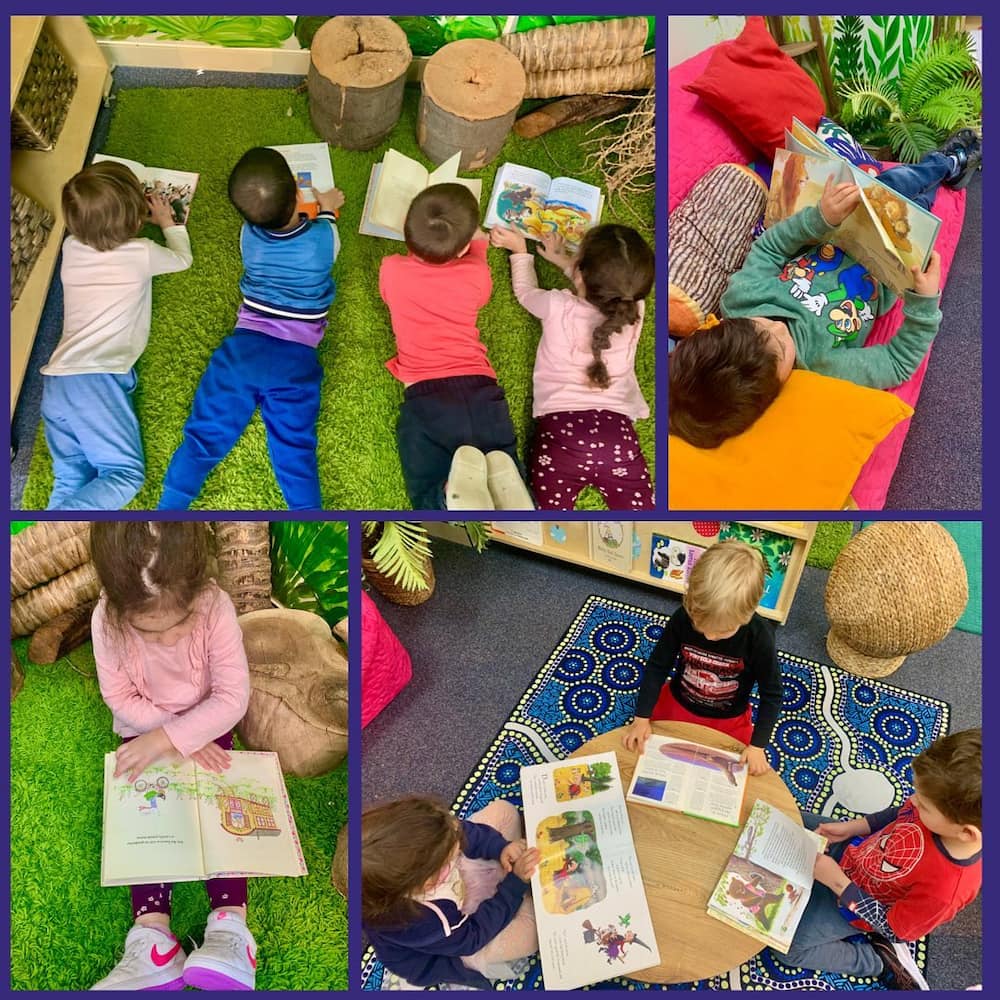
1. Set a challenge
Encourage students to evoke their curiosity about a particular topic. Set them the challenge where students develop a question that they are interested in answering.
2. Encourage active student investigation
Inquiry based learning works best when teachers positively encourage active student investigation. This can include the explore concept under the 5E’s model.
3. Make generalisations
Generalisations help students investigate further, providing a basis for their overall understandings. From this, they can explain their project based learning in a way that creates meaning for them.
4. Reflect
The reflection process is one of the most fundamental aspects of the inquiry based learning approach. Without reflection, both educators and students cannot improve and build upon their practices.
When these four steps are followed, inquiry based learning can be successfully achieved. The more this practise is implemented in the lives of students, the more capable they are of inquiry based learning outside the classroom.
The Benefits of Inquiry Based Learning
Educational research has identified numerous benefits of inquiry based learning, including:
- Social interaction and communication
- Enhanced learning experiences
- Exploration and curiosity
- Critical thinking skills
- Argumentation and reasoning
- Positive attitudes to failure
- Taking ownership of learning
- Easily engage students
The overarching benefit of inquiry based learning is to provide students with the tools they need to adopt their own individual-led learning and questioning in the future. This means they have the independence to think for themselves and act on their engaging thoughts, with a toolbox of strategies to explore their knowledge and create new understandings in a multitude of scenarios.
For example, a child who learns through inquiry based learning will have greater success as an adult in the workforce where micromanagement guidance is limited, and they must think for themselves.
How to Implement Inquiry: Prerequisites for Teachers
Teachers need to be equipped to adequately train young minds with the process of inquiry based learning.
For students to engage and answer their own ideas or questions, their teacher should support the student’s role in experiential learning, conduct investigations, and engage students with project based learning.

These primary functions of inquiry based learning can be implemented through teachers having the following prerequisites:
- Using effective questions and question types
- Evoking curiosity in a positive manner
- Treating students and their questions with respect and attention
- Good organisational skills for management, resources, etc.
- Strategies for scaffolding and guiding student thinking
- Wide range of knowledge and willingness to learn
Inquiry Based Learning Within the Australian Curriculum
Inquiry based learning influences multiple areas of the Australian Curriculum. Correspondingly, inquiry based learning can come to underpin early childhood centres and school education strategies. Most notably, you can find this learning approach in history, geography, economics, business, science, and mathematics.
The Australian Curriculum applies inquiry based learning at all levels of education, starting in early years centres through to senior studies.
At Raising Stars centres, we adopt various forms of inquiry based approaches to encourage your child to share ideas and develop important understandings of our world.
Inquiry Based Learning Resources and Info
For more information, explore the following resources below:
